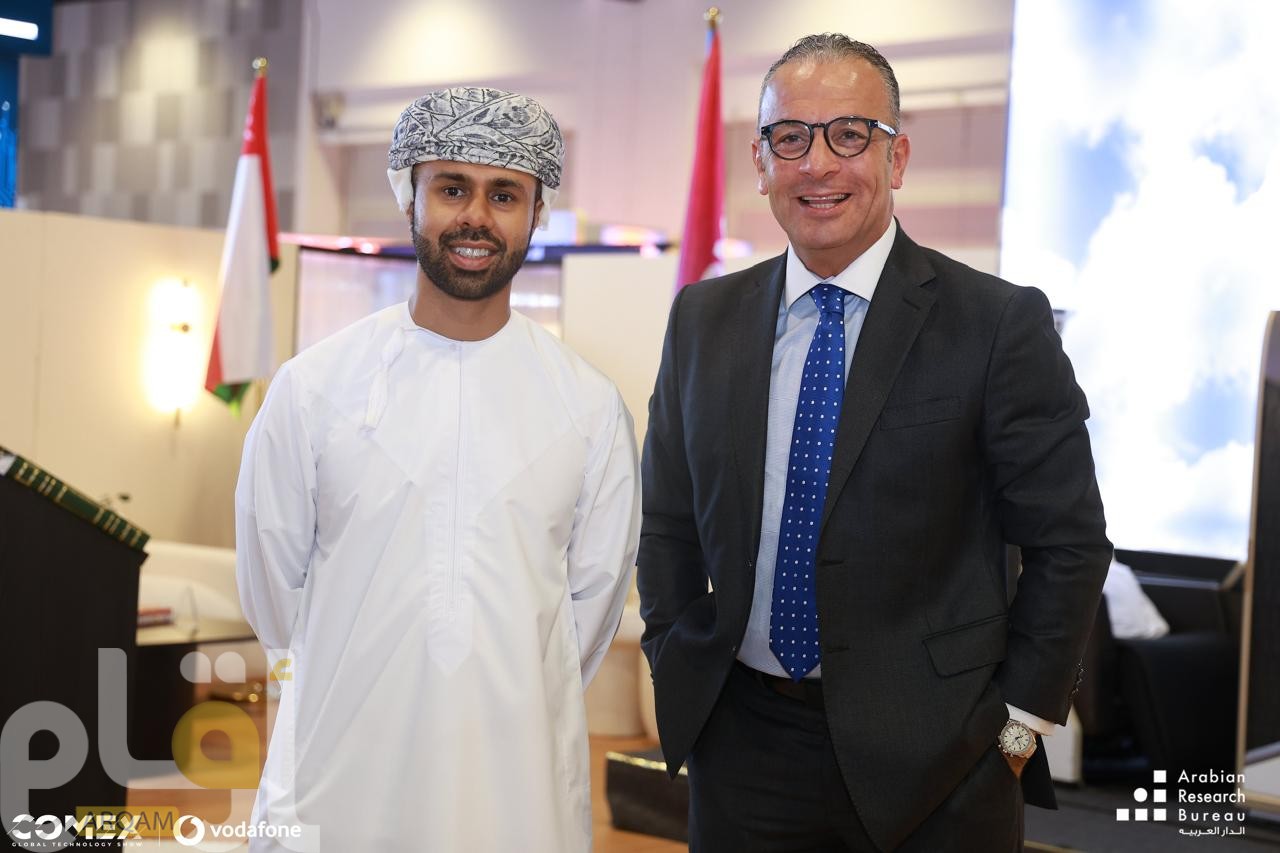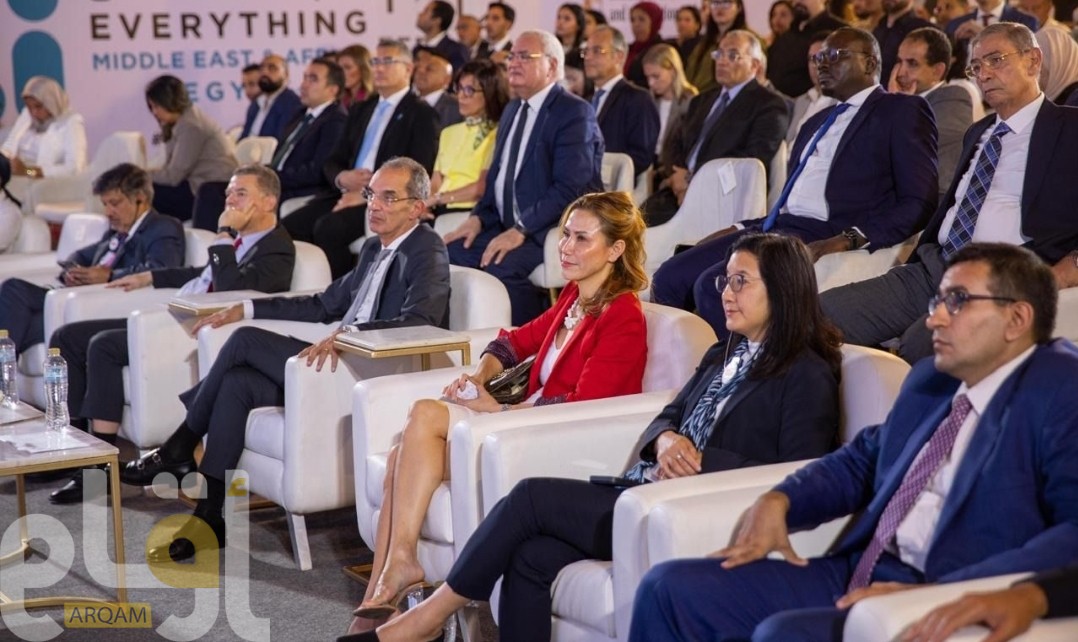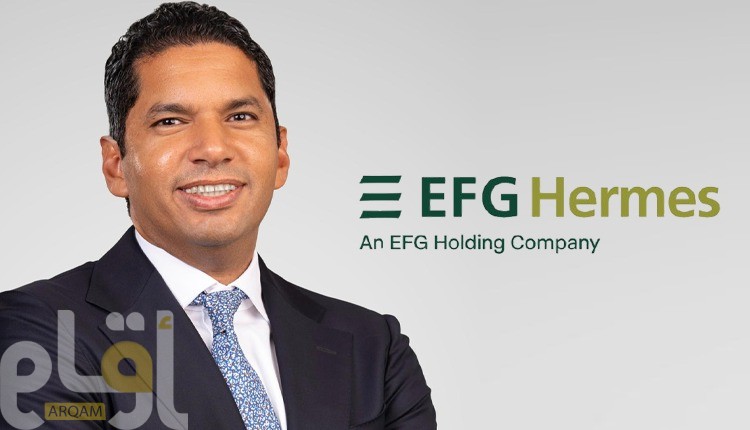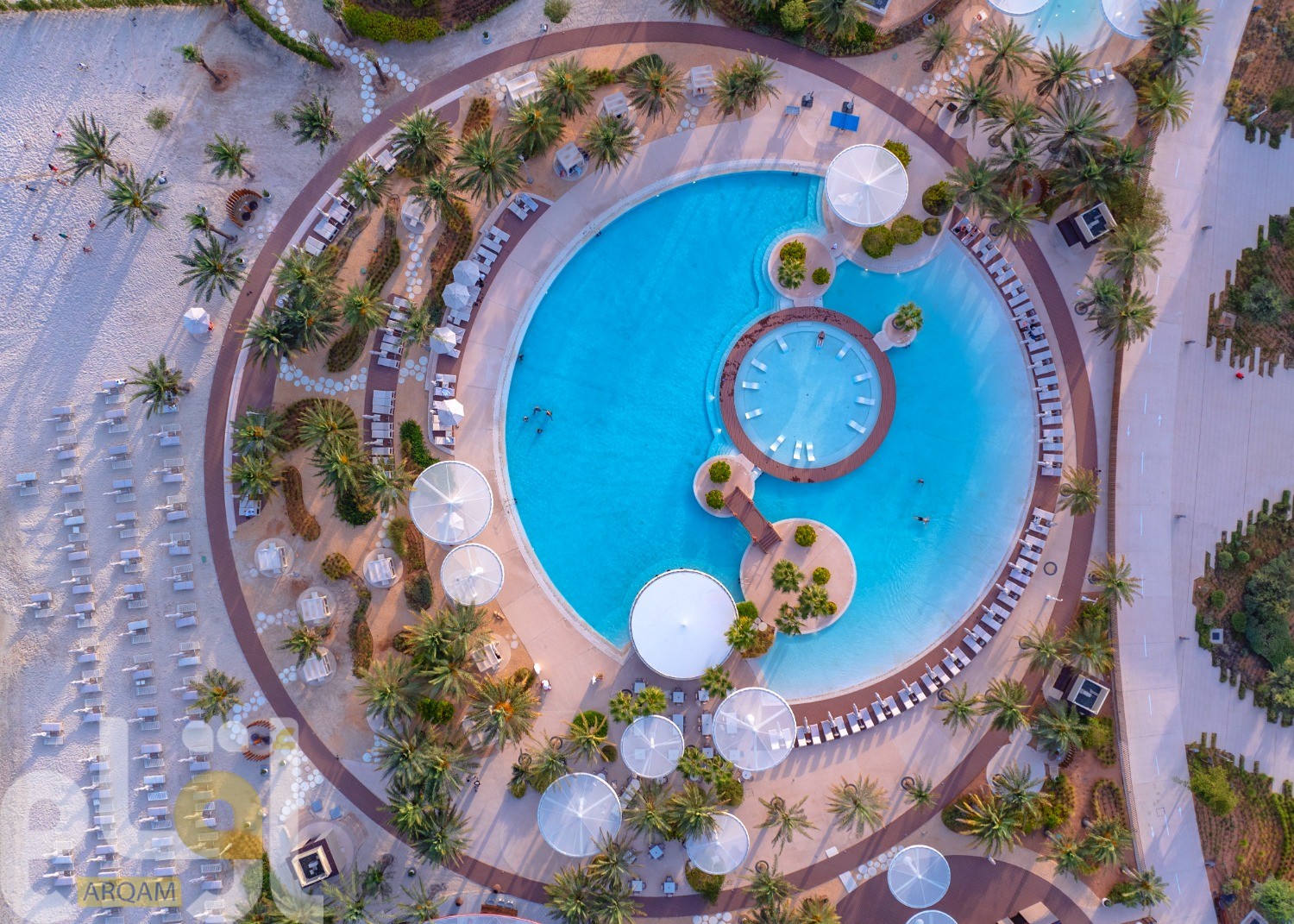China remains the frontrunner in clean industry development, securing a quarter of the $250 billion of investment in clean plants to date, closely followed by the US at 22% and the EU at 14%. But a bloc of emerging markets including India, Egypt and Brazil, part of the ‘new industrial sunbelt’, is quickly catching up to countries with historic industrial bases, according to new data from the Global Project Tracker and accompanying report published today by Mission Possible Partnership (MPP).
The ‘big three’ industrial leaders may soon be overtaken by a host of newly industrialising countries capitalising on favourable conditions for renewable energy production and building momentum in sectors at the forefront of a new clean industrial revolution. This shift points to a potential industrial realignment, as the production of materials, chemicals and fuels moves across geographies and new trade corridors emerge. At the heart of this shift is the industrial sunbelt, a region spanning Africa, Asia and South America where abundant natural resources are being harnessed to provide solar energy and supportive policy environments and cost advantages combine to create ideal conditions for new industrial processes.
Industrial sunbelt countries, such as Indonesia and Morocco, have secured a fifth of investment in clean industrial plants to date. However, a $948 billion investment opportunity exists for their announced projects, particularly as economies dominated by agriculture increasingly see lower-cost clean ammonia for fertiliser as both an economic opportunity and a chance to build increased food security.
The new report, Clean Industry: Transformational Trends, by MPP and supported by the Industrial Transition Accelerator (ITA) – global alliances focused on advancing clean industry transformation – shows a global $1.6 trillion pipeline of projects announced but not yet financed. Industrial sunbelt countries account for 59% of this investment pipeline, compared to18% for the US, 10% for the EU, and just 6% for China . Projects span key sectors, including aluminium, chemicals, cement, aviation and steel.
In total, a record 826 commercial-scale clean industrial plants across 69 countries are logged in the MPP Global Project Tracker. The growth in this third edition of the Global Project Tracker underscores that companies around the world are continuing to capitalise on clean industrial projects and tap into nascent markets despite ongoing geopolitical and economic uncertainty.
The data shows that of all projects, 69 are operational and 65 have secured financing, with eight reaching final investment decision in the last six months. The remaining 692 projects have been announced but are not yet financed.
Despite increasing competition alongside economic and political headwinds, projects representing $450 billion of investment have been announced in the US and the EU. These countries now face a significant opportunity to enhance investment conditions or risk falling behind. Investment has thrived where projects are supported by stable policies, measures to boost demand, strategic public funding and lower regional capex costs.
The fastest-growing clean industry sectors are green ammonia (28 plants at FID, 344 announced) and sustainable aviation fuels (22 operational plants, seven at FID and 144 announced). Both present a strong business case: with clean ammonia being a drop-in solution for the fertiliser sector – a pre-existing market at scale and sustainable aviation fuels benefit from supported by strong regulatory and policy frameworks as well as a continuing demand for air travel.
CEO of MPP and Executive Director of the ITA, Faustine Delasalle, said: “Just like the industries of yesterday located near the coal mines which powered them, the new generation of energy-intensive industrial plants will go to where they can access abundant, reliable, cheap, clean electricity to produce materials, chemicals and fuels. The industrial heartlands of the past will have to be smart and cooperate if they want to retain their leading positions. MPP’s Global Project Tracker shows a relocation of the industrial base is already underway, with the new industrial sunbelt of the world poised to overtake Western nations in sectors like ammonia, causing major ripples throughout the global economy.”
Christiana Figueres, Co-Founder of Global Optimism, said: “MPPs Global Project Tracker shows that a new Industrial Revolution is on the rise. Perhaps surprisingly, developing economies have an enormous opportunity to leapfrog fossil fuels in heavy industry and transport creating the infrastructure for sustainable economic growth in the 21st century. We now need to unlock the full potential of the clean industrial revolution and exponentially accelerate the existing pipeline.”
The industrial relocation is driven by ammonia, an essential ingredient in fertilisers
Analysis shows the new industrial sunbelt countries host over three quarters of all commercial-scale green ammonia production facilities planned globally (at both FID and announced). As well as its use in fertilisers for agriculture, clean ammonia is used in the manufacturing of explosives and is a clean shipping fuel contender. Decreasing electricity and electrolyser costs in emerging markets within the industrial sunbelt mean several countries are predicted to undercut the cost of fossil-fuel based grey ammonia by 2035. Additionally, green ammonia produced in the sunbelt is expected to cost as little as half the price of that produced in Western Europe or the US, underscoring the importance of access to low-cost renewable energy.
Total pipeline (FID and announced) global green ammonia production capacity from first-mover sunbelt countries could play a significant role in supply chains around the world:
• India –8%: enough to fertilise an area almost three quarters of its own landmass
• Egypt–7%: enough to fertilise an area twice the size of Egypt
• Oman, Mauritania and Chile– 6% each: enough to fertilise a land area equivalent to six Omans
For low- and middle-income economies, the transition represents an opportunity to leapfrog carbon-intensive development, access new export markets and gain a competitive advantage in attracting value-creating industries. The development of domestic clean industrial bases can drive sustainable economic growth, create jobs, strengthen energy and agricultural security, and enable these nations to become significant players in future clean commodity markets.
Corporate ambitions outpacing government ambition
The pace of new commercial-scale clean project announcements remains strong, but the report highlights a persistent bottleneck: the conversion from announced projects to final investment decisions is too slow. If the rate of conversion seen in the last six months were to continue, it would take approximately 40 years for all announced projects to begin construction. Unlocking the full pipeline will require a fivefold increase in investment, along with concerted action from governments, financial institutions and corporate buyers. Governments, in particular, can secure industrial leadership by accelerating project financing through policy measures tailored to their unique resource and economic profile.
Dan Ioschpe, the COP30 High Level Champion, said “As a businessperson I know that the companies around the world who have announced plans for sustainable industrial processes won’t have done so lightly. The Global Project Tracker data shows the scale of corporate ambition and entrepreneurial spirit is high and clearly signals that businesses see this shift to sustainable processes as part of their long-term value creation. It is also clear that countries in the Global South are going to maximise their generation of renewable competitive energy, which could support the expansion of local value chains and hence, promote their social economic development. We now need to work hard to convert this to action and accelerate solutions on the ground, creating the right conditions for such developments.”
Additional analysis by MPP and the ITA highlights a range of actions that governments can take, such as fuel standard programmes, carbon pricing and state-backed intermediaries to empower domestic industry to help their countries seize part of this burgeoning economic opportunity. The ITA’s Green Demand Policy Playbook sets out a range of evidence-based policy measures available to governments to spur on further investment in clean industry. Its Green Purchase Toolkit offers support and advice to companies that want to invest in clean industrial products and services.















